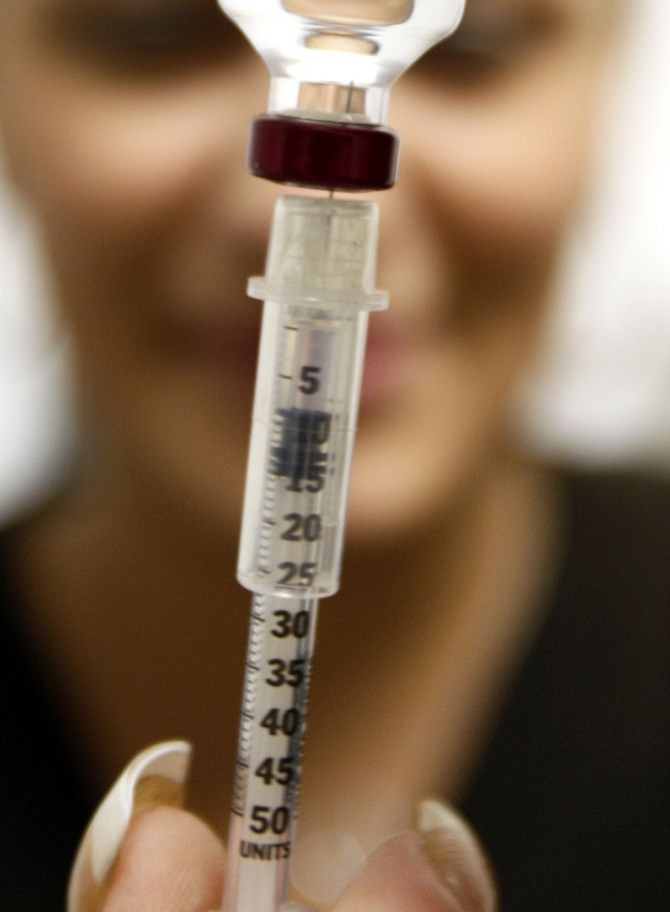'Diabulimia': Diabetics Losing Weight by Deliberately Refusing Insulin on the Rise

Eating disorders like anorexia, bulimia and binge eating have long been recognized as mental health conditions. Now, an organization in the United Kingdom, Diabetics with Eating Disorders, is fighting to get a new condition added to the books: diabulimia. The growing trend is characterized by withholding insulin from the body deliberately in order to lose weight.
Officially, the condition is called Eating Disorder-Diabetes Mellitus Type 1. It most commonly occurs in young women, aged 15 to 30, who deliberately skip insulin injections in order to lose weight. Most of these women have Type 1 diabetes, formerly known as juvenile diabetes, so their bodies do not produce insulin at all and have no ability to regulate the amount of sugar in their blood supply.
Indeed, the method works. According to the NHS National Diabetic Information Service, withholding insulin means that less food is used by the body. Erin Akers, who runs the non-profit organization Diabulimia Helpline, said to Philly.com in 2011 that she was able to lose 55 pounds over the course of a single summer.
But the eating disorder is costly. It often leads to diabetic ketoacidosis, which can cause vision loss, kidney damage and, left untreated, even death. Akers' condition resulted in 20 trips to the hospital, nearly prevented her from graduating high school and has left her with a variety of health conditions, like permanent numbness in both feet and digestive problems. Taylor Hackett, profiled in the BBC, lost most of her vision in her left eye.
Akers and Hackett are not the only ones. In fact, researchers have found that young women with Type 1 diabetes are more than twice as likely to have an eating disorder than their non-diabetic peers: 10 percent of type-1 diabetics compared to 4 percent of non-diabetics.
But treatment is hard. Many programs are unable to treat patients with the dual diagnosis. Until 2009, official guidelines on treating the condition did not even exist.
DWEA hopes that, if the dual diagnosis is recognized as a mental health problem, more help will be made available for sufferers.
Published by Medicaldaily.com



























